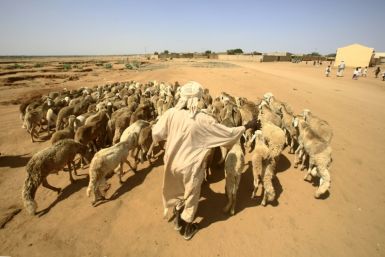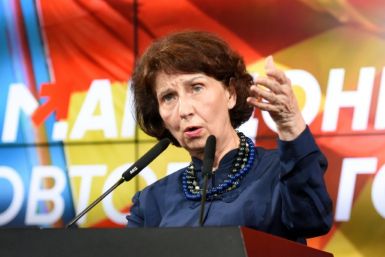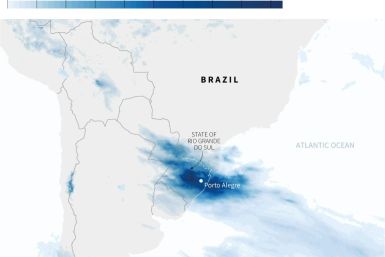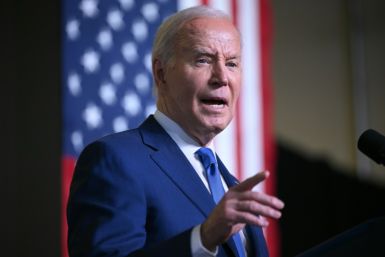WHO Confirms Polio Outbreak in Syria, Warns of Potential Spread Across Entire Middle East Region
Northeast Syria is now under the threat of a polio outbreak. The UN's health agency World Health Organisation on Tuesday said there are now at least 10 confirmed cases in the country, which has a very big potential to spread and encapsulate the entire Middle East region.
All the confirmed cases were seen among babies and toddlers, all aged under 2. All were also "underimmunized." Children in unsanitary conditions are the ones highly susceptible to contract the polio virus. They get it from consuming food or liquid contaminated with feces.
Apart from the initial 10, WHO experts are awaiting lab results on an additional 12 who have shown symptoms of the highly contagious disease.
"This is a communicable disease - with population movements it can travel to other areas," Oliver Rosenbauer, WHO spokesman, said. The polio virus attacks the nerves of its victims. Although it generally paralyzes its victims, there have been cases where young children have died from it. Moreover, the polio virus is a silent killer. It spreads before getting noticed.
"So the risk is high of spread across the region," Mr Rosenbauer said.
Among the countries most susceptible to contract the disease are neighboring Lebanon and Jordan, which absorbed the bulk of Syrian refugees fleeing war-torn Syria.
"The confirmed cases are just the tip of the iceberg," Bruce Aylward, assistant director general for polio and emergencies at the WHO, said. "It could explode."
The resurgence of the pandemic in Syria, last experienced 14 years ago, is being blamed on the current political turmoil and infighting in the country.
But Siddharth Chatterjee, a polio specialist and head of strategic partnerships at the International Federation of Red Cross and Red Crescent Societies, strongly believed the pandemic can be effectively and immediately eradicated if the country and its leaders unite to separate politics from public health.
"This is about the neutral, impartial, independent nature of healthcare," Mr Chatterjee told Reuters.
"You need to be talking to all the bad guys, all the good guys, all the religious leaders, all the people who have any form of influence on the community. It's about ensuring you delineate politics from the child."
Anthony Lake, UNICEF executive director, likewise stressed to AP that public health care should transcend political agendas.
"Vaccinations and immunizations have absolutely no political content. They have no relationship to any military issues and therefore there is every reason ... (to) believe we will gain access into these communities,'' Mr Lake said.
Based on estimates by the UN, there are about 500,000 children who have not been vaccinated against the disease in Syria. Before its civil war began, 95 per cent of its children population were immunized against the dreaded polio virus.






